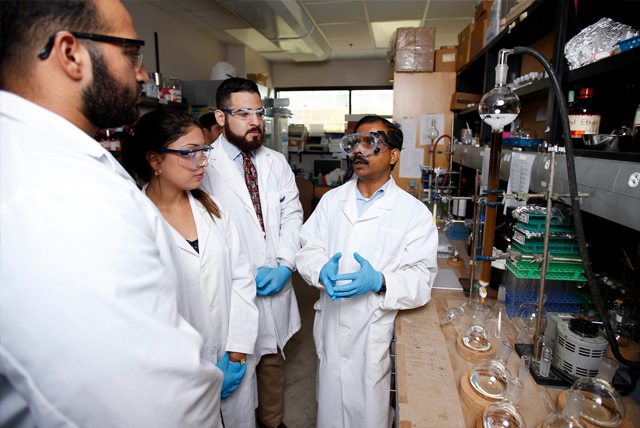Document Type
Book
Publication Date
Winter 11-10-2024
Abstract
Mental illness is common and can affect anyone. Each year the University welcomes students with Mental Health Issues. One in four adults in the US will experience a mental illness in their lifetime, however according to a NUS survey, eight out of ten students will experience a mental illness while in higher education. For some student’s mental illness can be a lifelong disability. Others can experience short term issues that emerge around difficult or stressful life events, while some students may be more at risk of experiencing mental illness in relation to their ethnicity, gender, sexuality or socio-economic background. Although attitudes to mental illness have improved significantly in recent years there remains a certain amount of stigma around the issue. Stigma can often be experienced in less obvious ways such as social exclusion, unkind jokes and fear around disclosure affecting academic progression. Although each student's needs may differ, there are many general strategies that can enable effective teaching and learning.
You can address disability and mental health through curriculum design to create a more inclusive learning environment. The approaches highlighted here include innovative approaches to group work, original evaluation and assessment approaches, and an innovative use of technology in the classroom. Access practiced through these approaches ensures that all students benefit from these considered and pedagogically-sound teaching methods.
This is not to say that academics need to become mental health experts Instead, our analysis reveals that most students’ recommendations were appropriately related to fundamental teacher attributes and skills.
Recommended Citation
Muzammil, Mona, Muzammil Arshad, and Washain Muzammil. 2024. Teaching with Pedagogy and Empathy. The University of Texas Rio Grande Valley. https://scholarworks.utrgv.edu/chem_fac/285.



Comments
Copyright the Authors.